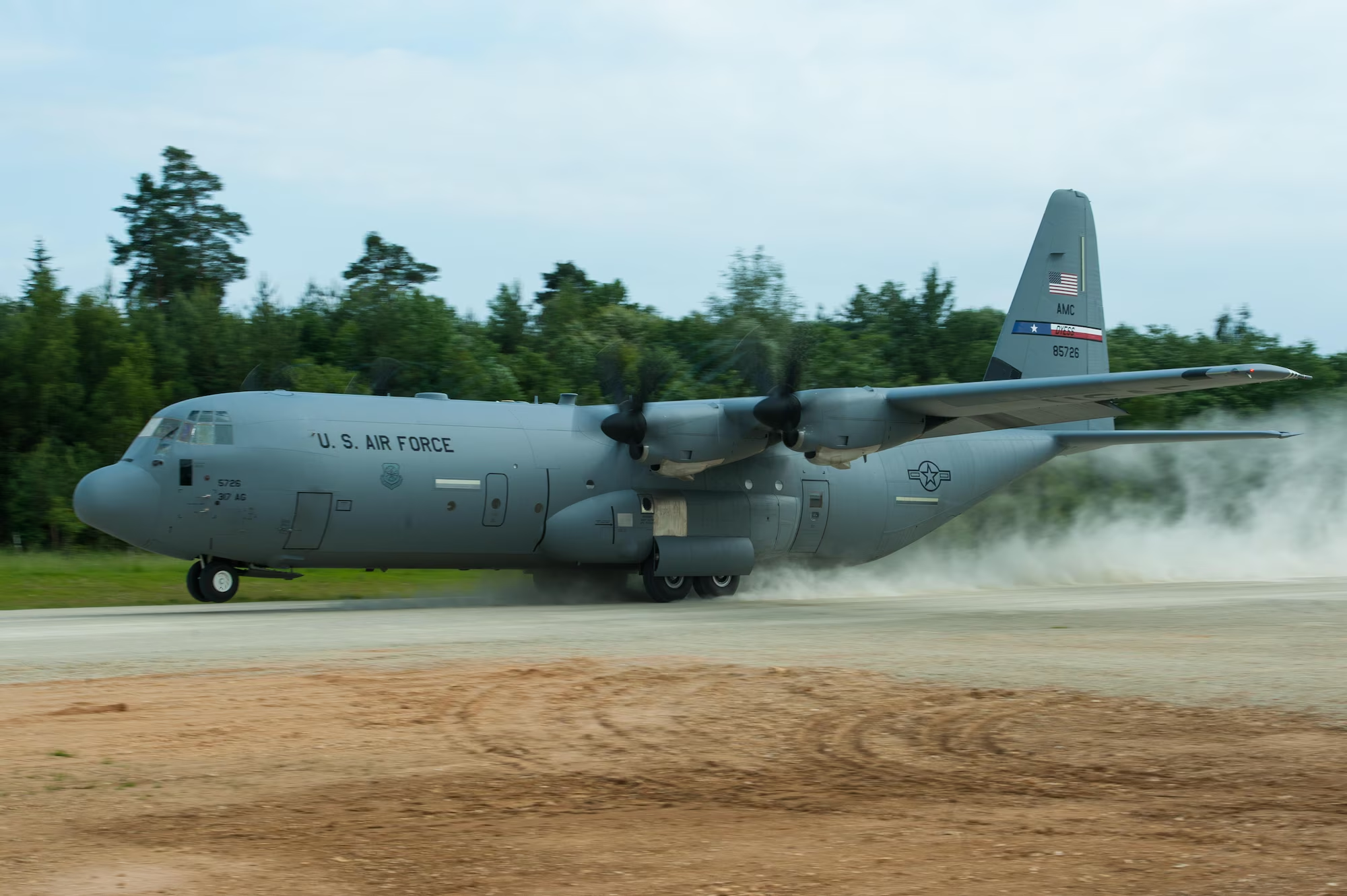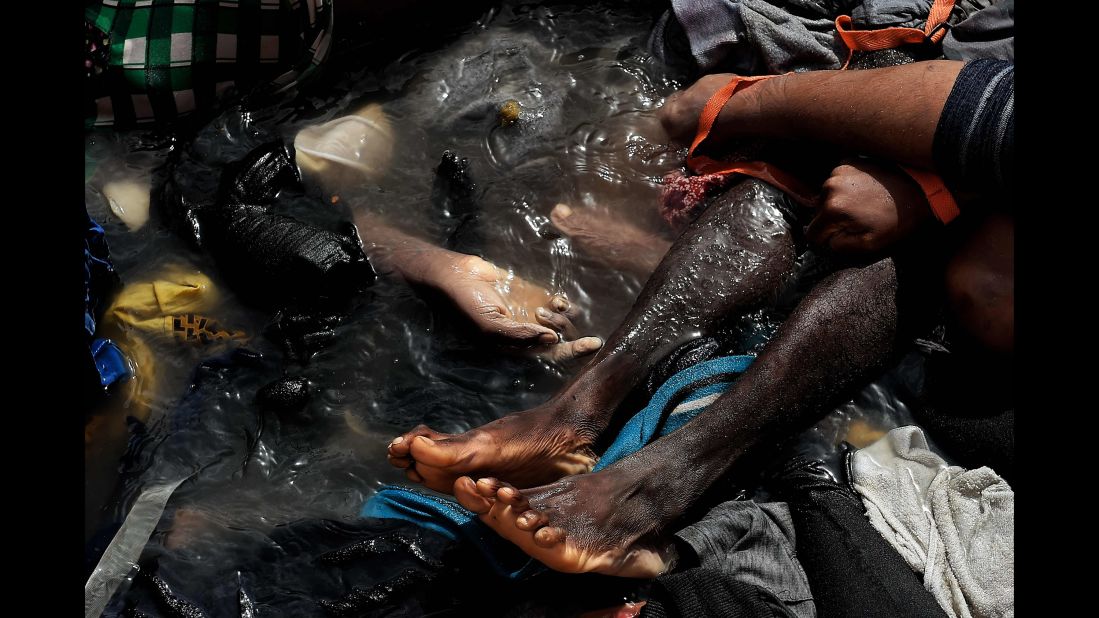The bodies are surfacing, and the silence is deafening. As the Mediterranean struggles to cope with a rising tide of migrant deaths, the Trump administration"s latest tactics in immigration enforcement are raising alarms about the deeper implications of state violence against vulnerable populations. Recent reports confirm that the U.S. Immigration and Customs Enforcement (ICE) is employing military cargo planes to deport shackled migrants, while families and communities are left to grapple with the consequences.
Shackled Migrants in Military Planes
According to The Times, ICE has begun using military cargo planes such as the Lockheed C-130 and C-17 Globemaster for deportations. These planes, designed for combat, are now being repurposed to transport human beings—shackled at the wrists, ankles, and waist. This method is not only inhumane but raises significant concerns about the safety and dignity of deportees. Human rights organizations and flight attendants alike have condemned the use of restraints, highlighting that such measures are unnecessary and cruel.
Tragedy in the Mediterranean
In a grim twist of fate, just as these reports surfaced, five decomposed bodies washed ashore in Majorca, bound at the wrists and ankles. As reported by LBC, this brings the total to 31 bodies discovered along the Spanish coast since January 2025. These individuals, likely migrants from Algeria, were attempting the dangerous journey across the Mediterranean, often facilitated by human traffickers. The very presence of shackles on these bodies raises disturbing questions: Were they restrained against their will as they attempted to escape their dire circumstances?
\n\n
C-130 Hercules > Air Force > Fact Sheet Display
Government Oversight is in Freefall
The alarming context of these events cannot be ignored. Since Donald Trump returned to office in 2025, he has systematically dismantled oversight mechanisms designed to protect vulnerable populations. The removal of 19 inspectors general across various federal agencies, including the Department of Homeland Security, has left a void of accountability. Without these watchdogs, agencies like ICE operate with impunity, free from scrutiny over their methods and practices.
Historical Parallels of State Violence
This is not merely a contemporary crisis; history offers chilling reflections on state-sanctioned violence against marginalized groups. The tactics employed by the Trump administration echo the horrors of past regimes. During Chile’s dictatorship under Pinochet, military helicopters were used for “death flights,” targeting political dissidents. Similarly, in Argentina’s Dirty War, victims were sedated and dropped from planes into the Río de la Plata.
Today, private contractors such as GEO Group and MVM Inc. are involved in deportation operations, often shrouded in a veil of secrecy. The lack of transparency surrounding ICE’s air operations raises profound ethical questions about the treatment of deportees and the potential for state-sanctioned atrocities.
\n\n
Migrant crisis: Photos show horror, panic on boats | CNN
The Silence Must Be Broken
The connection between the shackled migrants on military planes and the bodies found in the Mediterranean may not be explicitly causal, but the correlation demands urgent attention. As we watch these tragedies unfold, we must resist the temptation to dismiss them as isolated incidents. The silence surrounding these issues serves only to obscure the reality of state violence and human rights abuses.
We must demand answers: What oversight exists for ICE’s air operations? Who is responsible when deportees die in transit? Why are these individuals found shackled in the Mediterranean? These questions are not just academic—they are critical to understanding the human cost of current immigration policies.
The lives of migrants should not be commodified, and their deaths should not become mere statistics. The administration’s policies are not just about enforcement; they symbolize a broader narrative of xenophobia and dehumanization that must be challenged. We must hold those in power accountable for their actions and refuse to accept silence as a substitute for justice.

![[Video] Federal officers deploy sting balls and flash grenades at Whipple Building](/_next/image?url=%2Fapi%2Fimage%2Fthumbnails%2Fthumbnail-1768340555229-vhfcc-thumbnail.jpg&w=3840&q=75)
![[Video] Crowd-control weapons used in Minneapolis as anti-ICE protesters attack police vehicle](/_next/image?url=%2Fapi%2Fimage%2Fthumbnails%2Fthumbnail-1768336302231-akxf7s-thumbnail.jpg&w=3840&q=75)

![[Video] Protests erupt in Minneapolis after ICE detains teenager, multiple arrests made](/_next/image?url=%2Fapi%2Fimage%2Fthumbnails%2Fthumbnail-1768331835371-z9ylqg-thumbnail.jpg&w=3840&q=75)


![[Video] Gunfire between Iraqi security forces and Sadr militias in Baghdad](/_next/image?url=%2Fapi%2Fimage%2Fthumbnails%2Fthumbnail-1768343508874-4redb-thumbnail.jpg&w=3840&q=75)
